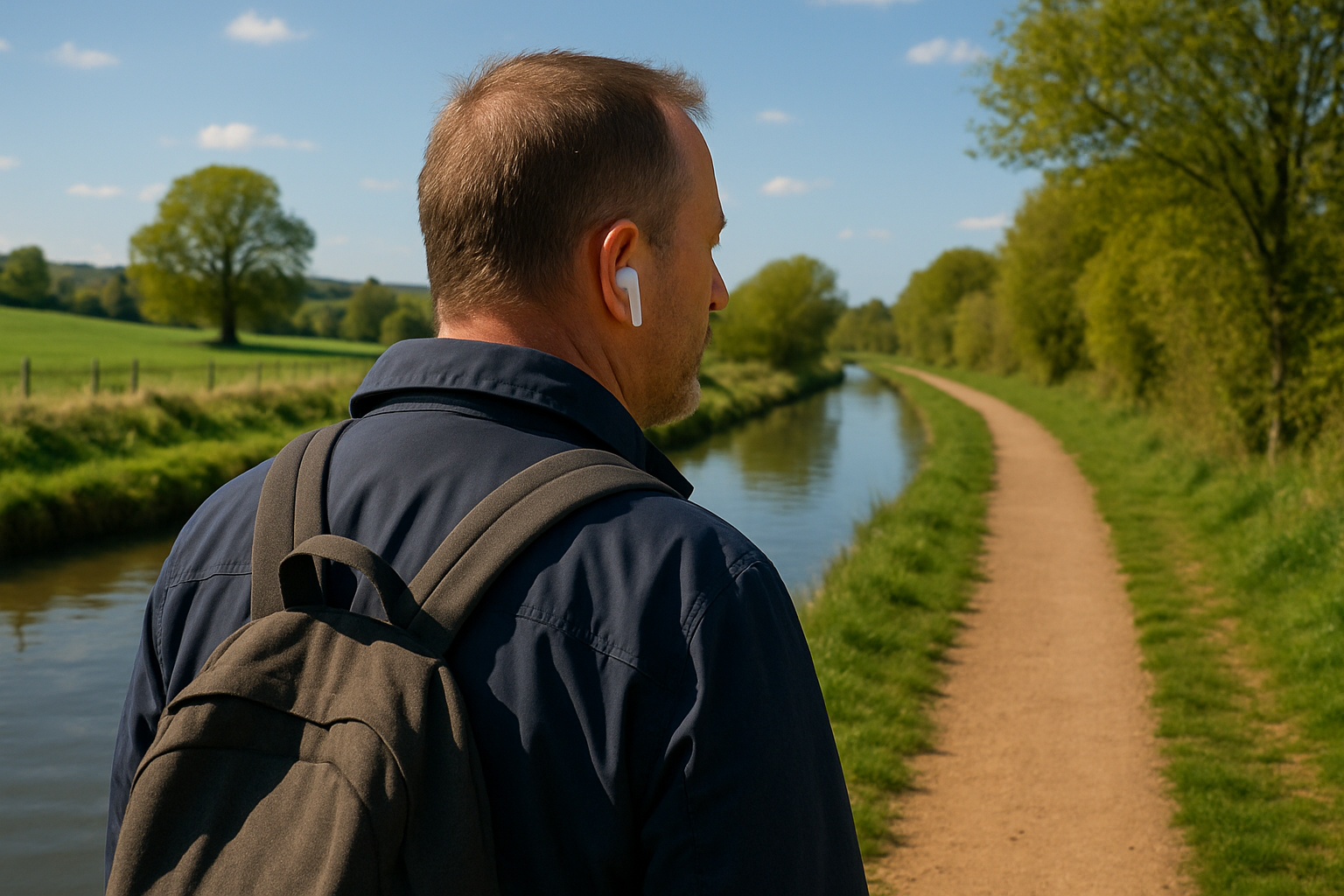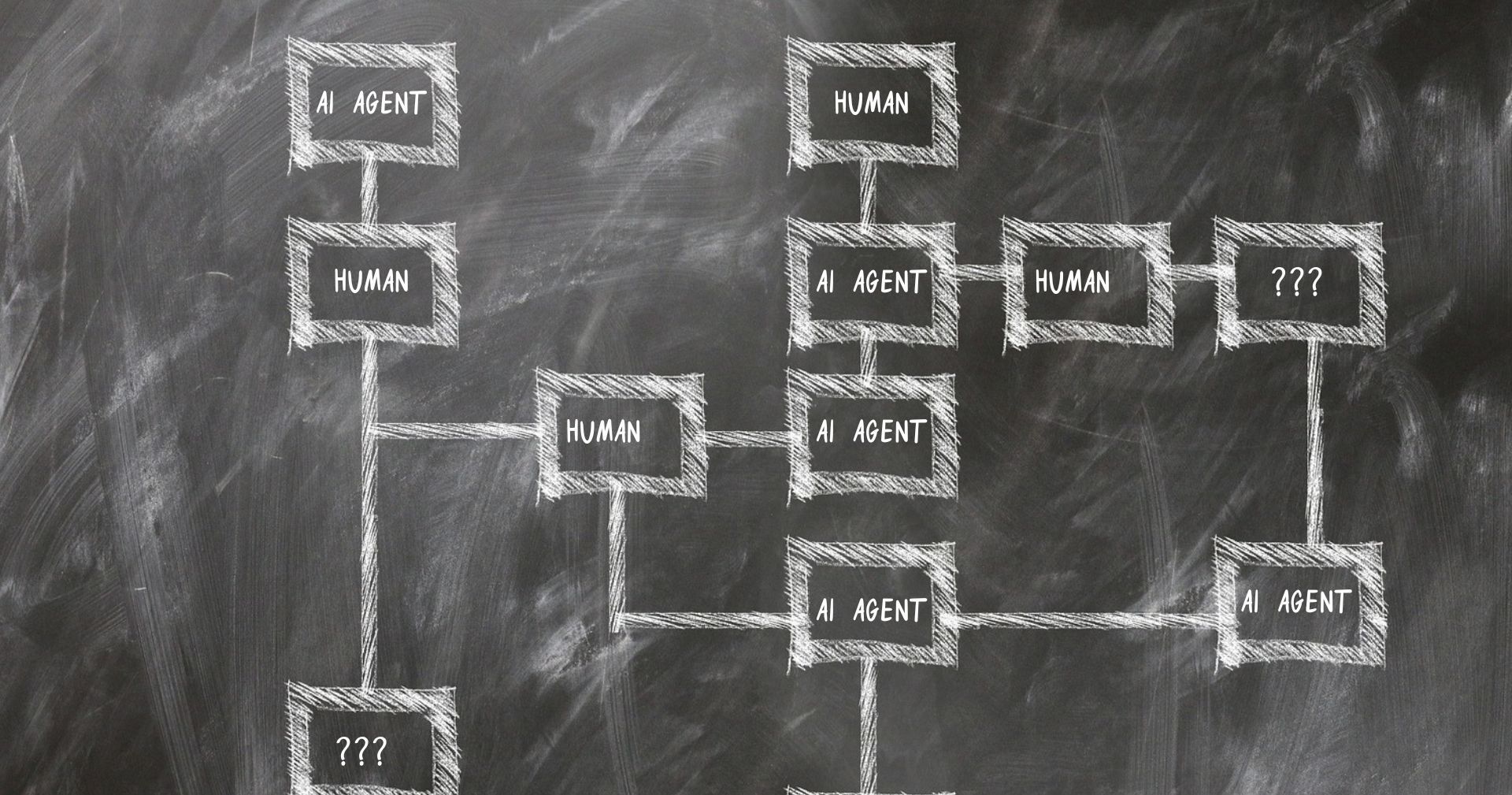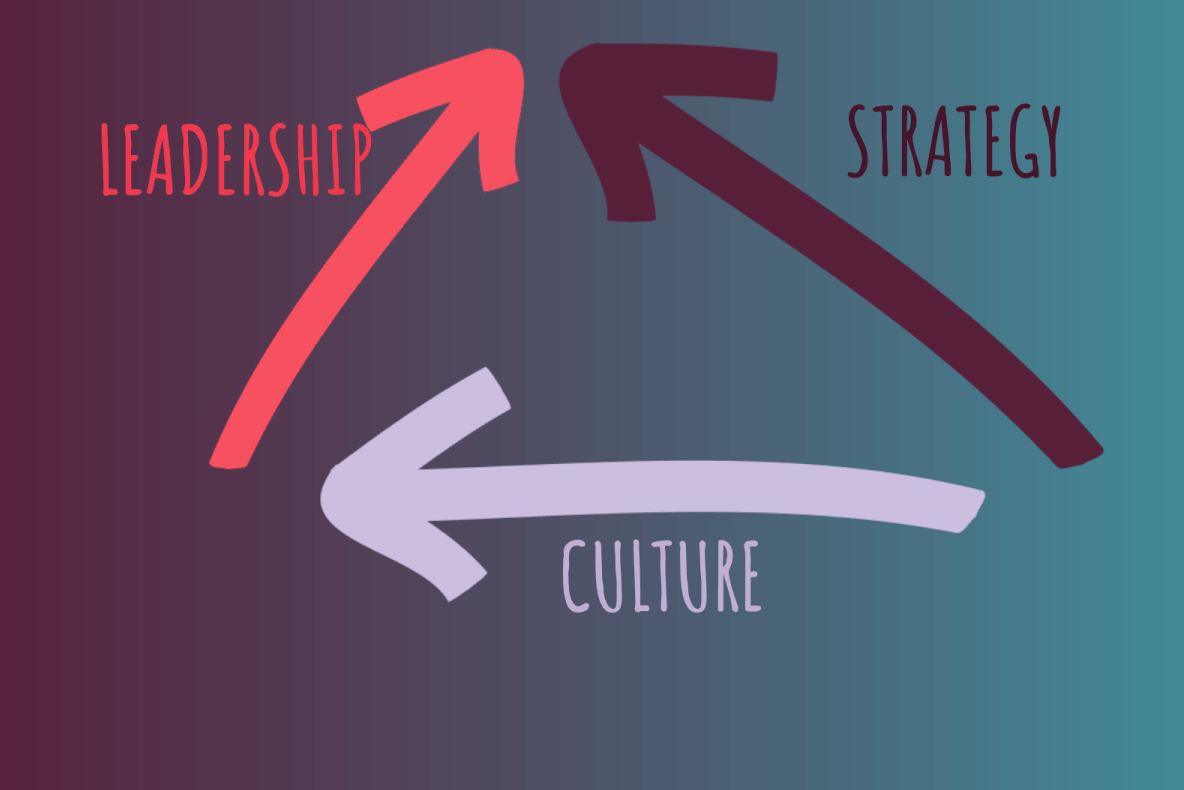Re-finding my voice

I am about 18 months into my personal use of AI tools and I’m beginning to notice some of the ways in which it is impacting on me.
Productivity for me has increased massively in some areas and diminished substantially in others. In particular, I have noticed a reluctance on my part to engage with writing and video (animation) production.
Firstly, on the productivity side, I have found AI fantastic at helping me get started on projects, acting as a form of second memory, improving my emails, generating images, suggesting ideas, creating copy, interpreting complex documents, advising on topics I know nothing about … all the things I imagine most users are doing with it. I’ve enjoyed experimenting (unsuccessfully) with vibe-coding and (also unsuccessfully) with creating AI agents to speed up my daily handling of emails.
But on the reduction in productivity side of the ledger, I notice that in some ways I have become lazier and disincentivised from doing things for myself because it’s so easy to reach for AI.
When I use AI to produce meeting notes for me (if for example I’m on a video call) it is extremely handy, it saves time and the quality is generally good. However, the cognitive experience is entirely different from me taking my own notes. When writing my own notes, I notice my engagement in the conversation is better (I would have thought it would be the opposite given that I could relax into the content but it just isn’t) and I have to mentally process differently which means I remember more of the conversation and have a deeper sense of connection with the content. Knowing I don’t have to rely on myself (because AI is working away in the background) is in many ways a blessing but in others an obstacle to overcome.
On the creativity front I really notice a big difference. What happens now (as opposed to before the point AI became part of my life) is that I think about what I want to create, I get excited about it, and then the thought enters my head that AI will do this better than I do and (perhaps more importantly) it will do it without me having to invest any effort in it at all. At which point, all my enthusiasm drains away and I don’t progress the idea at all. I would not have predicted this would happen.
(As an aside, there is also a slightly different version of this: where I start something but don’t finish it because I know that I can always use AI at some point in the future to tidy up the whole thing for me.)
It was fascinating when I met someone recently (a senior executive who is responsible for the introduction of AI in their organisation) who said she had been reading my blogs before our meeting. My first reaction was one of embarrassment because prior to this blog, I haven’t written anything for a couple of years. But I relaxed when she said she had enjoyed them because she had ‘heard your [my] voice’. I had always found AI to be extremely helpful in getting over ‘blank-page syndrome’; i.e. overcoming the intimidating hurdle (at least for me) of starting from scratch. She then went on to describe how she was using AI herself and in her process she always ‘went through the grind of producing the first draft’. She then used AI to coach her on how to improve it and to point out blind spots. I am really attracted to this alternative mode of deployment and will be experimenting with it over the coming weeks.
If there is anyone out there who reads this blog and is over the age of 40 and remembers Queen’s (a rock band) albums in the 1970s, they used to state on the cover that synthesisers were not used in the production of their music; i.e. it was produced on guitars, keyboards, human vocal, real drum-kits. They clearly felt that by doing this they were adding to the quality and perhaps authenticity of their musical production. This is analogous to the point I’ve reached with AI. I want to return to my original sound and rediscover my voice.
So here it is, ‘unsynthesised’, human-generated, free from AI of any sort … all my own words!
Welcome back.










